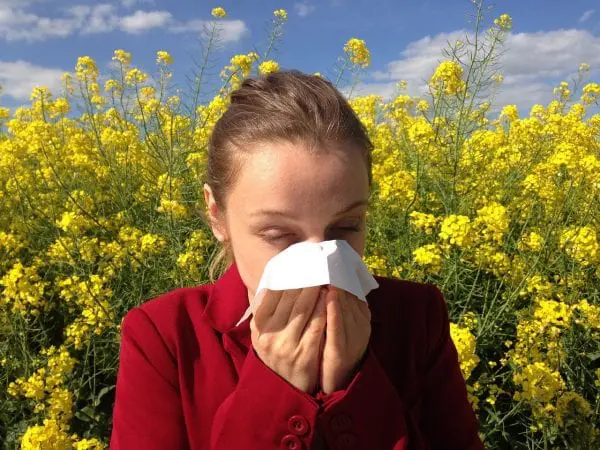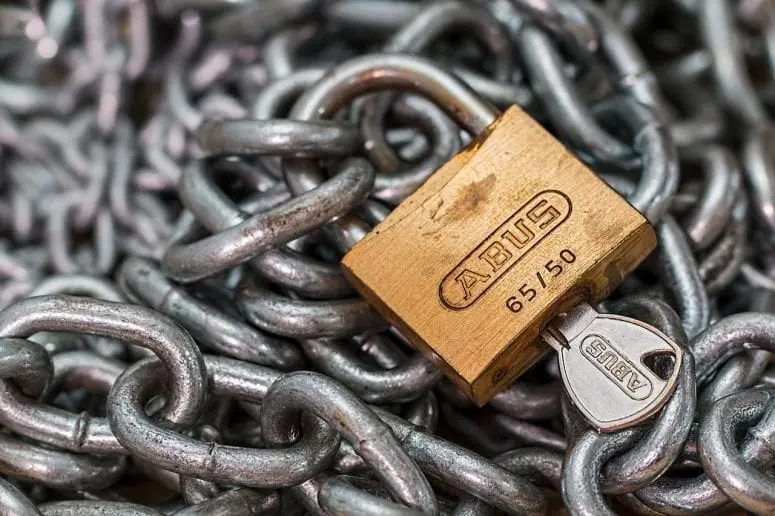7 Ways to Allergy Proof Your Home

Pollen season is marked by sneezing, coughing, and congestion for many of us. Besides taking off-the-counter medicines, your allergies can be reduced by allergy-proofing your house simply by taking a few mindful steps. Read these 7 Ways to Allergy Proof Your Home.
1. Clean Your House with a Vacuum Cleaner
Unlike other cleaning options, vacuum cleaners and dustbusters sweep your house clean of dust, mites, and dander. Cleaning dust with a cloth or broom just stirs dirt up into the air again, and the only thing that goes to waste is your effort. This leaves you as vulnerable to seasonal allergies as you were in the first place.
Make sure to vacuum your carpets and curtains with a Riccar vacuum. Not sure where to find one. Just google Riccar here. Carpets and curtains hold more dust than you think. Dustbusters should be used to clean chairs and sofas, which are hard to clean otherwise. By trapping dust inside it, vacuum cleaners free your living space of dust and allergens.
2. Don’t Let Allergens in
Pollen and dust mites are everywhere, from your bag to your shoes to even yourself. The key to keeping yourself healthy in pollen season is to keep allergens out of your house. Leave your shoes and coats outside and away from your living space. Have a No Shoes Inside policy for your family members and guests if anyone in the house is allergic to pollen. It is also advisable to shower every time you come from outside and wash your clothes, to minimize the chances of an allergic reaction.
3. Avoid Cluttering Bedroom Spaces
Piling up clutter is stressful and leads to dust and mites accumulation which poses a direct risk to your allergies. This is why one visit to storage spaces like your basement can considerably worsen your sneezing and allergic reactions. Dust piled up in boxes, when released into the air, causes inflammation in the airways.
Therefore de-cluttering your house of all the unwanted stuff is important for avoiding allergies.
4. Say No to Carpets
While hard floors are difficult to clean, carpeted homes are the hub of dust mites and allergens. Walking on the carpets releases the stored dust back into the air, making it extremely dangerous for people who suffer from allergies. This makes wood and other hard flooring ideal for them.
If, however, it is not currently possible for you to remove the carpets in your house, vacuuming the carpet thoroughly hampers allergen growth. Vacuum cleaners with HEPA filters efficiently remove microscopic particles, including pollen, dander, and various allergens, preventing them from being released into the air.
5. Keep Pets at a Bay
You and your pet might be inseparable, but they might be the primary reason for your worsening allergy. Getting a proper pet house for them helps minimize your physical interaction. Among the many pollen sources, the dander shed around by pets is on top of the list.
Bathing pets once a week and keeping them away from your living space, especially your bed, can significantly improve your risk of catching allergies.
6. Get Hypoallergenic Bedding
Once you’ve discovered that you’re allergic to something, you must go the extra mile to keep yourself safe. Your bed sheets, pillowcases, and blankets can trap harmful allergens like carpets. Thankfully, hypoallergenic bedding is easily available nowadays. This also includes a dustproof pillow and bed cover tested for chemicals that can irritate your allergies.
Normal bedding should be washed once a week and kept free of pets and clothing you wear outdoors.
7. Keep the Air Clean
Whether it’s the bedroom, living room, or simply your washroom, it is important to keep your breathing air free of allergens. Well-ventilated houses with functioning ductwork are key to cleaner air. Using filters like HEPA filters in the air conditioning removes micro-sized allergens, dust, and dander from the air whilst keeping you cool at the same time.
Good ventilation in the washrooms is equally necessary. However, it needs to be ensured that washrooms are moisture free to prohibit mold growth.









